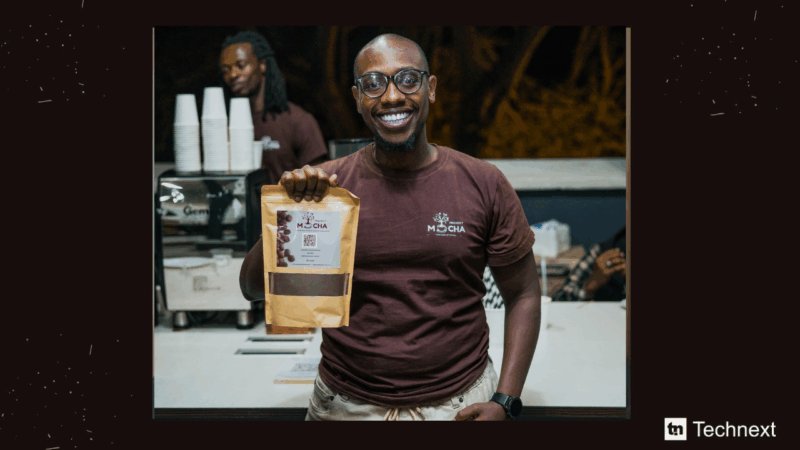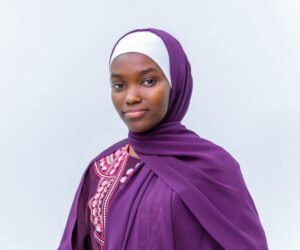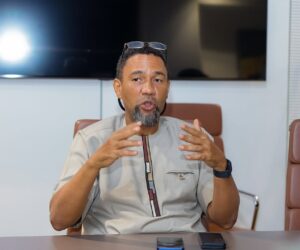Kenya’s lush coffee heartland of Embu was once a symbol of national pride; its beans were among the most coveted in the world. Today, that glory is gone. Smallholder farmers, the backbone of the industry, are struggling to stay afloat amid mounting debts, erratic weather, and shifting global markets, unable to sustain the fields that their parents left for them.
Yet amid the decline, a digital revolution is stirring. Leading the charge is Peter Maina Njoroge, a chemist-turned-economist-turned-tech entrepreneur, blending blockchain and agriculture to rewrite how the world connects to its coffee.
As co-founder of Project Mocha, Maina is on a mission to connect coffee farmers directly with global consumers, not through middlemen or banks, but through technology, transparency, and tokenisation.
His vision is bold: to turn coffee trees into digital assets that anyone, anywhere in the world, can invest in.
“Instead of farmers going to banks for expensive loans,” he explains, “why can’t someone sitting in Germany or Japan, someone who loves coffee, invest directly in a Kenyan coffee tree and earn from it?” Maina asked with an air of seriousness during this interview.
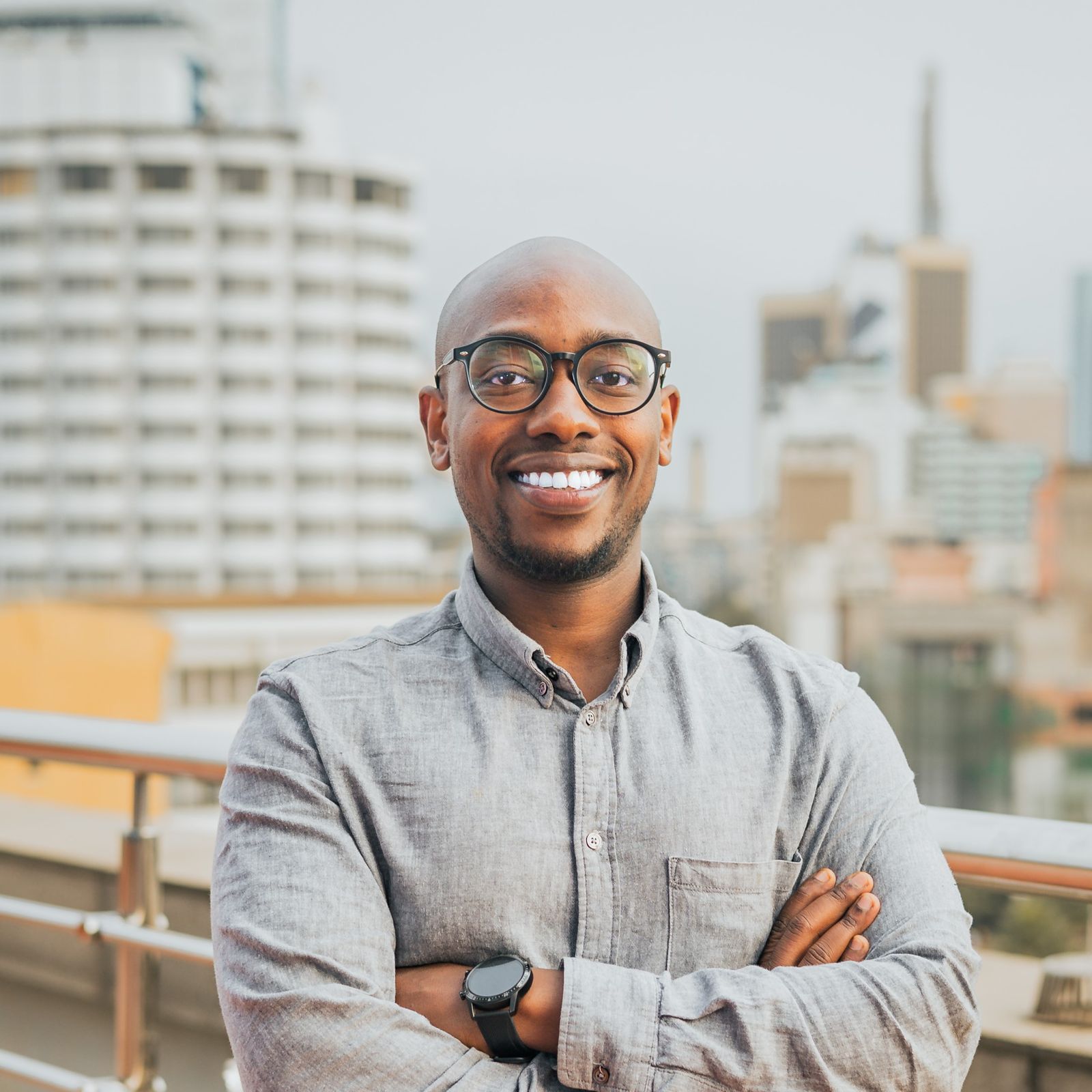
It’s an audacious idea. But if anyone is equipped to pull it off, it’s Peter Maina; that was my immediate thought. I was instantly convinced.
From chemistry to coffee: the making of a tech visionary
Maina’s story begins in a household steeped in entrepreneurial grit. His parents left stable jobs at a bank and post office in the late 1990s to start a tourism business, one of Kenya’s first with a domain name during the dot-com boom. Watching them take that leap shaped his own fearless approach to business.
“I knew I’d end up running my own company,” he recalls. “Seeing them build something from scratch, educate us, and change our lives made me believe entrepreneurship could solve real problems.”
Armed with degrees in applied chemistry and economics, Maina ventured into the agritech sector a decade ago, convinced that technology could transform Kenya’s most vital industry, agriculture, which contributes roughly 30% of the nation’s GDP.
His first startup, M-Teller, aimed to solve the persistent problem of farmers struggling to access affordable agricultural inputs. Despite early traction, the pandemic forced its closure. Undeterred, Maina joined another fresh produce aggregation startup, helping commercial kitchens like Serena Hotels source directly from farmers, a venture later acquired by investors.
That experience deepened his understanding of value chains and data-driven logistics. But the spark for Project Mocha came in 2019, when his long-time friend and now co-founder, Paul Gashara, invited him to visit his family’s coffee farm in Embu.
Brewing a new future for Kenyan coffee
Kenya’s coffee industry has long been a global icon, known for its rich flavour and premium beans. But beneath the surface, it has been in crisis. Coffee production has plummeted by nearly 60% since the 1980s, largely because smallholder farmers can’t access financing.
“Coffee is a cash crop with delayed returns,” Maina explains. “Farmers spend money every month on inputs, labour, and water, but they only get paid twice a year. That mismatch kills sustainability.”
During the same period, global coffee consumption has doubled. Maina and Gashara saw an opportunity: if global consumers could fund the production they depend on, everyone could win.
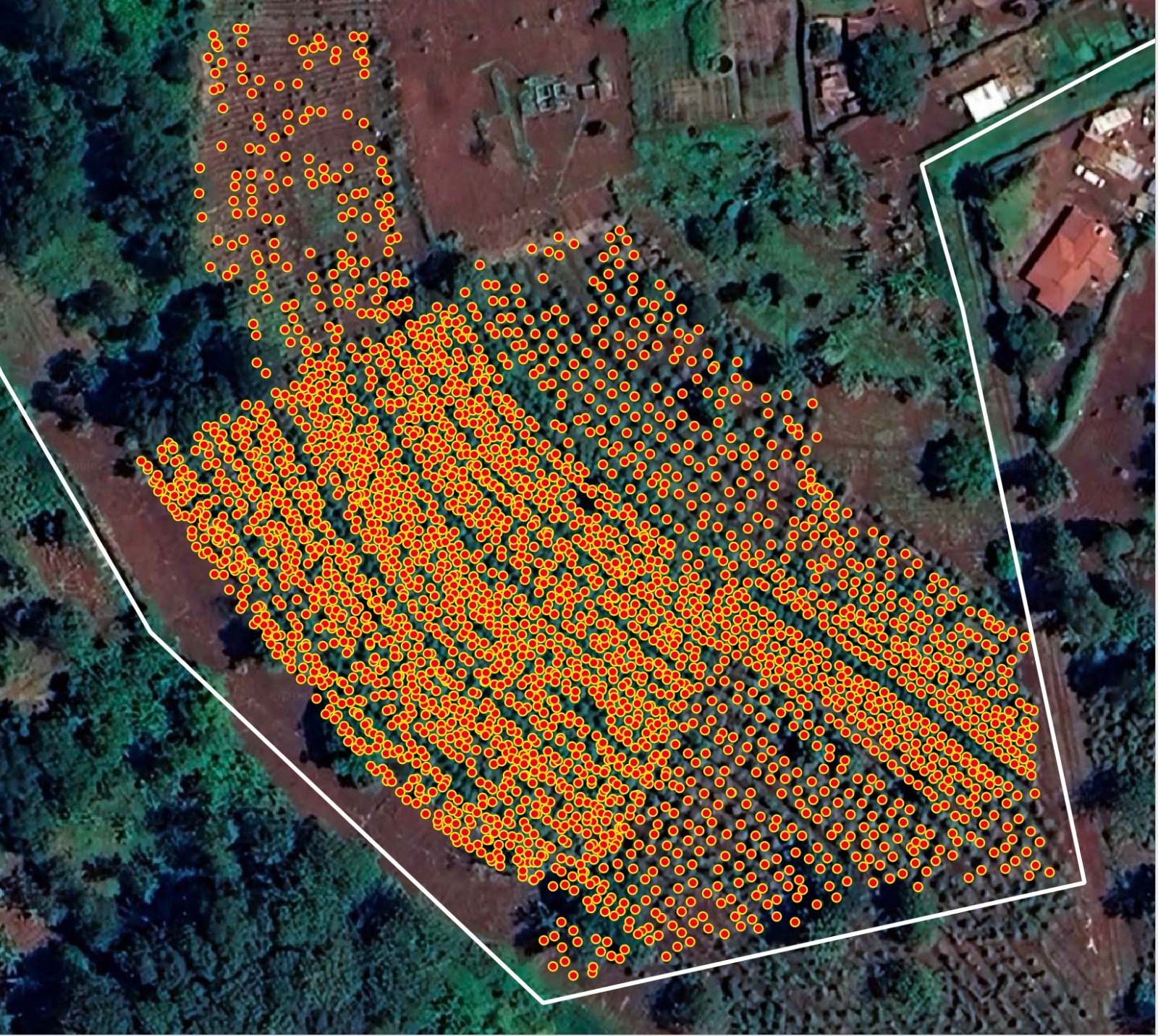

That insight gave birth to Project Mocha, a decentralised agritech platform where farmers can tokenise their coffee trees, transforming them into digital assets represented on the blockchain. Each token corresponds to a real tree, geotagged, monitored with IoT sensors, and connected to real-time production data.
Each coffee tree is geotagged and tokenised, turning it into a digital asset investors can own fractions of. Farmers retain full ownership of their farms but gain access to financing through these digital tokens.
“We’re still a traditional coffee business,” Maina said. “We’re just putting coffee farming on-chain.”
Consumers, whether individuals or coffee chains, can then invest in these trees, providing working capital to farmers while earning a share of the proceeds from coffee sales.
“We’re not just digitising coffee,” Maina says. “We’re building a bridge between people and the origins of their cup, making coffee farming sustainable and profitable again.”
A Demo farm in Embu and the birth of on-chain agriculture
Project Mocha launched its pilot phase in late 2024 after showcasing its prototype at the ETH Safari conference, East Africa’s largest Ethereum gathering. The project graduated from an incubation programme earlier this year and received a grant from Scroll, an Ethereum Layer 2 scaling solution, to bring its operations fully on-chain.
Today, the team manages a demo farm in Embu with nearly 3,000 coffee trees under digital management. The farm serves as both a training ground for farmers and a live showcase for investors curious about how on-chain farming works.
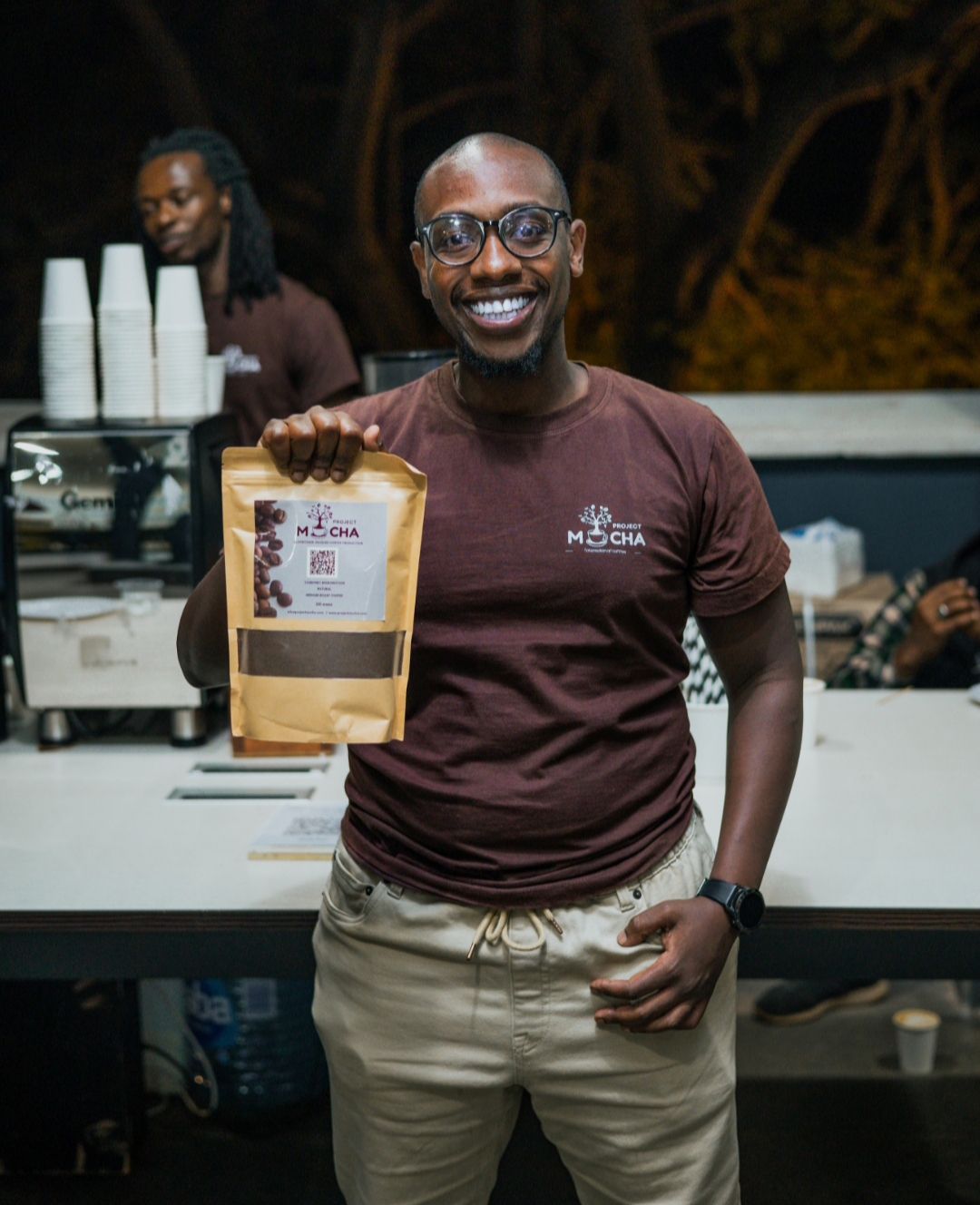

“Farmers need to see, not just hear, how technology works,” Maina says. “Our demo farm shows what happens when you blend IoT, blockchain, and satellite data to improve yields.”
Already, over 300 farmers and 50,000 trees are on the waitlist to join the platform once scaling begins in 2026.
But scaling is not without its hurdles. Geotagging trees and verifying data is labour-intensive and costly. Trust, too, remains a challenge; convincing someone in Sweden or Singapore that a coffee tree in Kenya exists and that their token truly represents it requires transparency and verification.
That’s where blockchain comes in. Every tokenised asset, every yield record, and every farmer activity is logged immutably on-chain. “Trust is our biggest currency,” Maina emphasises. “Blockchain helps us prove what we say we’re doing in real time.”
From Kenya to the World: The next chapter of Project Mocha
In the short term, Project Mocha’s focus remains on perfecting its Kenyan pilot. But its long-term vision is continental, even global.
By 2026, the startup plans to expand across East Africa and eventually enable similar models for other crops like cocoa, tea, and avocados. Maina says they are already receiving enquiries from coffee producers as far away as Venezuela and Malaysia.
He envisions Project Mocha evolving into a digital Starbucks for the decentralised age, a network of tokenised farms, local roasteries, and vending points all powered by smart contracts.
“Imagine using your Mocha token to buy coffee in Nairobi, Lagos, or Singapore,” he says. “Behind that token is a real farmer, a real tree, and a shared story of impact.”
For Maina, the bigger goal isn’t just to revive coffee; it’s to make agriculture aspirational again. Across Africa, young people often view farming as outdated or unprofitable. Maina believes that has to change.
“It’s about aligning incentives,” he explains. “If we can pay young people for verifying farm data, maintaining IoT systems, or managing on-chain records, they’ll see agriculture as a tech-driven career path, not a fallback option.”
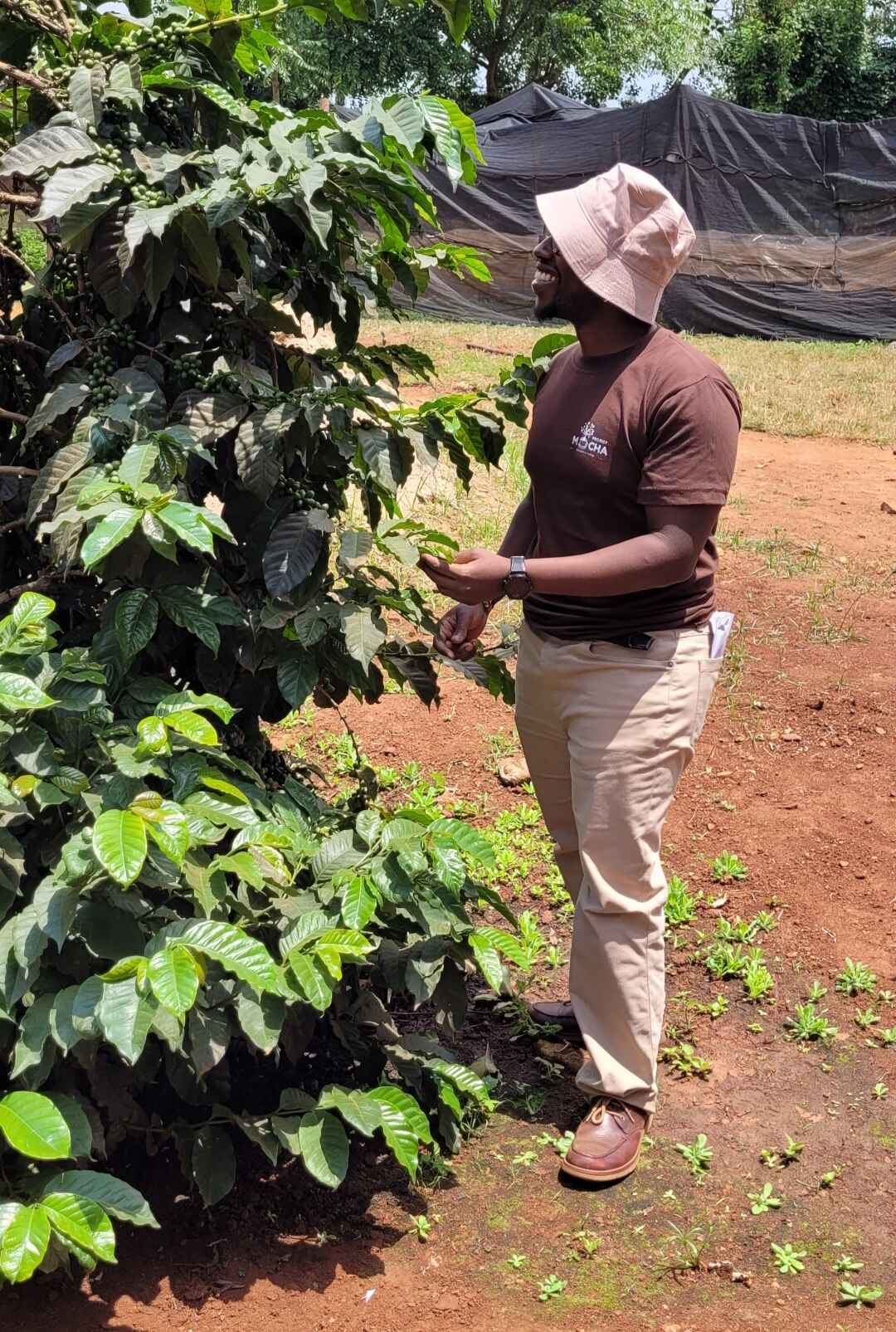

He proposes creating a decentralised network of agricultural extension officers, young tech-savvy agents equipped with mobile apps to verify farms and get paid instantly through blockchain-based micro-tasks. “That’s how we keep agriculture exciting and relevant,” he says.
Maina is focusing on raising awareness as Project Mocha enters its beta phase. “We’re just launching,” he says. “We want to be in conversations, conferences, and publications that can help people understand what we’re building.”
For him, Project Mocha isn’t just a startup; it’s a movement toward climate-resilient, transparent, and inclusive agriculture. And it’s an open invitation to anyone, farmer, investor, or coffee lover, to take part.
“If you love coffee,” he smiles, “then you should love the people who grow it.”
At just $1 per token, Project Mocha allows anyone to invest in a coffee tree and, in the process, invest in Africa’s agricultural future.
He closes with a message to young African builders:
“Don’t copy Silicon Valley,” he said. “Solve real problems in your community, build with local insight, and think globally. That’s how Africa wins.”
As the world takes its morning sip of coffee, Project Mocha hopes each cup soon tells a story, one of innovation, resilience, and a shared future between the global consumer and the African farmer.

